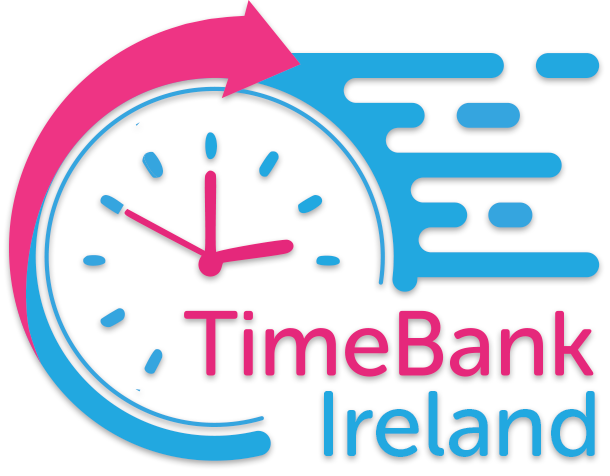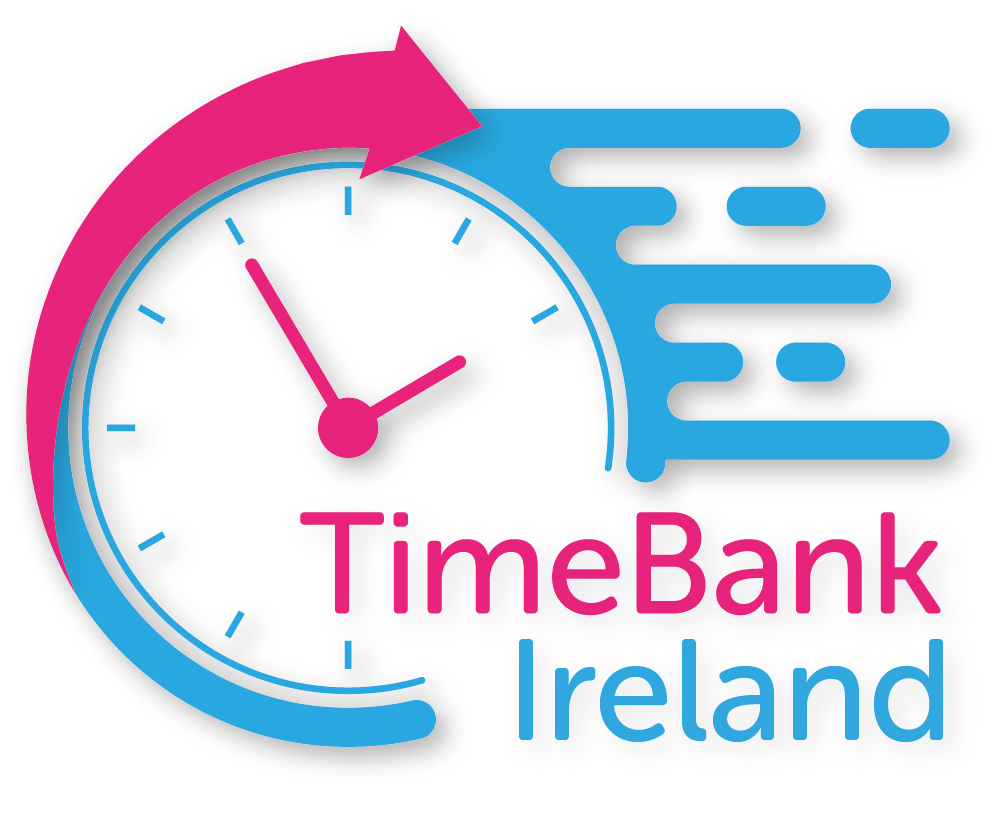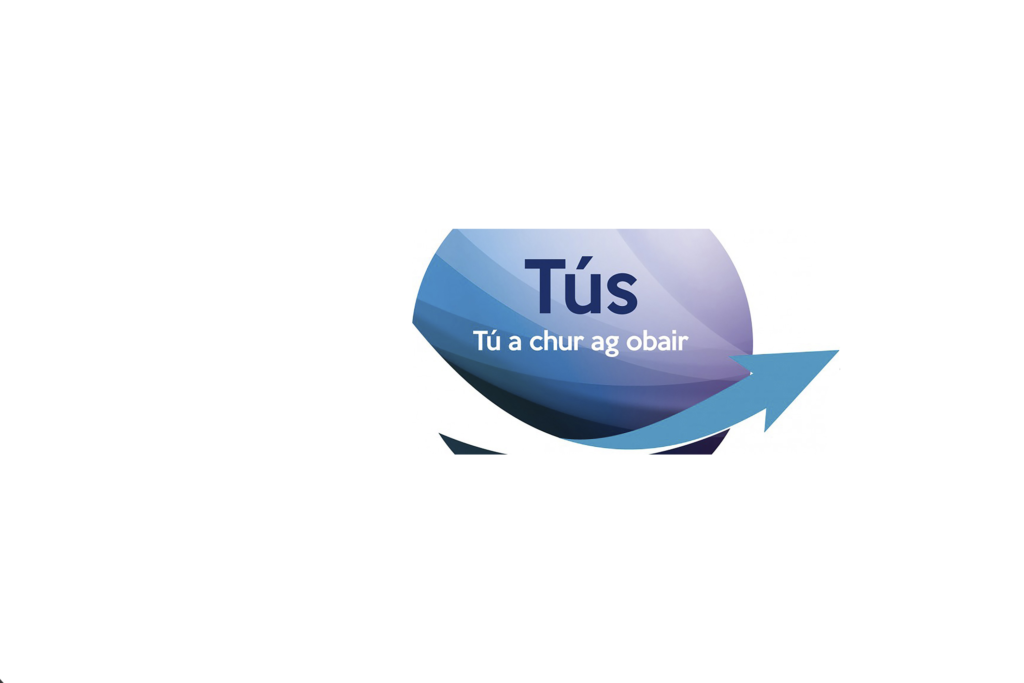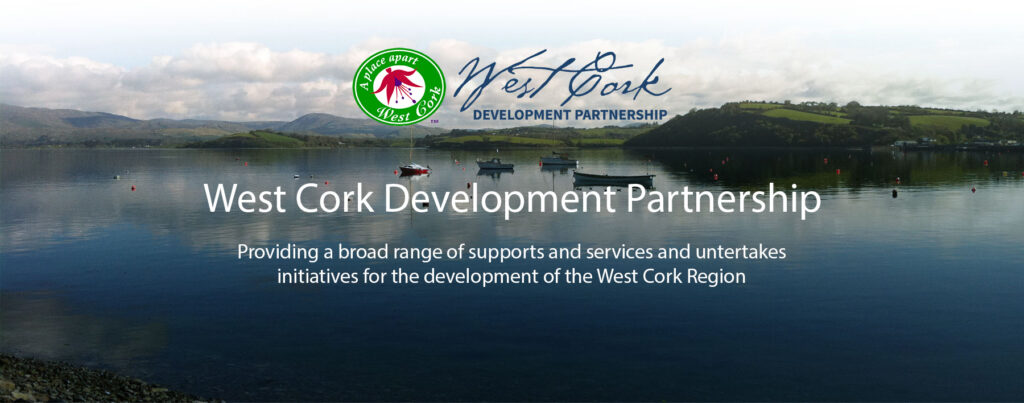Working in our Timebank Shop and Community Hub on the TUS Scheme, Ireland: A Comprehensive Overview

Working in the Timebank charity shop and community hub as part of the TUS scheme in Ireland offers a unique opportunity for unemployed individuals to gain valuable work experience and contribute to their local communities. As an initiative designed to provide short-term working opportunities, the TUS scheme enables participants to both receive additional financial support on top of their social welfare and dedicate their time to meaningful, community-focused projects.
By participating in the TUS programme and working in the Timebank shop and community hub, individuals can greatly benefit from the perks of the scheme, such as being exempt from job-seeking requirements during the contract period and having the flexibility to take on another part-time job simultaneously. Furthermore, engagement in the TUS scheme and working at Timebank enables participants to not only enhance their professional skills but also make a positive difference within their localities.
Key Takeaways
- Participants in the TUS scheme receive additional financial support and valuable work experience.
- TUS allows individuals to focus on community-based roles, such as working in Timebank charity shops.
- The programme offers flexibility and alleviates job-seeking pressure during the contract period.
Overview of the TUS Scheme in Ireland
The Tús is a community work placement initiative in Ireland designed to provide short-term working opportunities for unemployed people. These opportunities aim to benefit the community while offering valuable experience for participants, focusing on various sectors such as environmental services, caring services, general community services, heritage and cultural services, and conservation.
Successful candidates will work with community and voluntary organisations in both urban and rural areas across the country. Applications for the Tús Scheme can be made at an applicant’s local Intreo Centre, and eligibility is determined through specific criteria.
One key requirement is that applicants must have been continuously unemployed for at least 12 months and be in receipt of Jobseeker’s Allowance. As the scheme has limited places available, a selection process is undertaken by the social welfare branch office, prioritizing those in greatest need for the opportunity.
The Tús scheme aids in improving the labour market by offering work placement experience for those struggling to find employment. It aligns with other initiatives such as the Community Services Programme and the Rural Social Scheme to create a comprehensive support system for jobseekers in Ireland. Participants in the Tús community work placement initiative can expect to receive social welfare payments during their placement, while also benefiting from an activation initiative aimed at facilitating reintegration into the workforce.
In summary, the Tús Scheme is a valuable programme for both participants and the community, offering unemployed individuals the chance to gain experience and contribute to vital services in their local areas. With its focus on various sectors and a commitment to targeting those in need, it plays a crucial role in supporting the unemployed population in Ireland.
Benefits of Participating in the TUS Scheme
The TUS Scheme offers a wealth of benefits to participants who take part in community-based projects, such as working in a Timebank shop and hub. One key advantage of the programme is that it presents an opportunity to gain valuable work experience in various sectors, allowing individuals to develop new skills while enhancing their existing abilities.
The nature of the community work placement scheme ensures that participants contribute positively to their local areas. By engaging in projects, they help improve the well-being of residents whilst benefiting from a supportive, positive work environment. In addition, participants will be exposed to a diverse range of tasks, which may include energy conservation work, educational support, and social care ventures.
As the TUS Scheme prioritises skill development, individuals can expand their expertise and increase their employability. Working on a community project allows participants to learn valuable on-the-job skills while also receiving guidance and encouragement to pursue further education or training. This increased knowledge and competence can prove beneficial to their career progression and future job prospects.
Moreover, engaging in the TUS initiative enables individuals to establish a strong work ethic and develop essential employment skills such as teamwork, communication, and problem-solving. These abilities and experiences can make them more attractive to potential employers and open up a wide range of career options in the future.
In conclusion, participation in the TUS Scheme offers numerous benefits to both the individual and their community. Gaining valuable work experience, learning new skills, and engaging in community projects can lead to a fulfilling and rewarding experience for all involved.
Job Opportunities under the TUS Scheme
The TUS Scheme in Ireland offers numerous job opportunities for unemployed individuals, benefiting both the participants and the community. These opportunities aim to provide relevant work experience and help those on the scheme develop their skills and abilities.
One of the job opportunities under the TUS Scheme includes administration roles, where individuals can work in various community and voluntary organisations. Participants in these roles can gain experience in office management, data entry, and dealing with incoming inquiries, among other administrative tasks.
Maintenance roles are also available, allowing individuals to work on building upkeep, repairs, and general maintenance. These positions might also include working on local infrastructure projects or public spaces, providing individuals with hands-on experience in maintenance-related work.
Individuals interested in cultural and historical preservation can work on local heritage projects under the TUS Scheme. These projects usually involve the preservation of historical buildings, monuments, and artefacts, as well as promoting cultural awareness and education in the community.
Caretaking positions are another option for TUS Scheme participants. In this role, individuals may be responsible for the supervision and upkeep of community centres, public buildings, or outdoor spaces, ensuring the health and safety of those using the facilities.
For those who enjoy working outdoors, the TUS Scheme offers gardening related roles. These may involve the maintenance of public parks, gardens, and green spaces, planting and nurturing a variety of plants and vegetation to enhance the overall appearance and biodiversity of local areas.
Project work opportunities are available for TUS Scheme participants, enabling them to work on various community initiatives or programmes. These projects can range from environmental conservation efforts to social initiatives aimed at improving the well-being of residents in the community.
Another potential role under the TUS Scheme is the Tidy Towns operative role. Participants will be involved in maintaining and improving the cleanliness and attractiveness of towns and villages, working with local councils and community organisations to achieve these goals.
The TUS Scheme also provides opportunities for mini-bus drivers who can assist in local transportation services. These drivers may support community groups, schools, and healthcare facilities, ensuring safe and reliable transportation for residents.
Lastly, community employment opportunities are offered by the TUS Scheme, providing part-time, temporary work experience in a range of sectors. This allows individuals who are eligible for the scheme to gain valuable experience and contribute to their local community.
Overall, the TUS Scheme offers diverse job opportunities, catering to various skill sets and interests, ultimately benefiting both the participants and the community at large.
Working in Timebank Shop and Community Hub under TUS
The Tús initiative is a community work placement scheme in Ireland that provides short-term working opportunities for unemployed individuals. These opportunities benefit the community and are offered by community and voluntary organisations in both urban and rural areas, such as the Timebank Shop and Community Hub1.
Participants in the Tús scheme may find themselves working at Timebank Shop and Community Hub, where they will gain valuable work experience while giving back to the community. The Timebank model revolves around a community-based system that promotes social inclusion, unity, and collaboration among its members2.
In terms of pay, the Tús scheme offers a weekly allowance on top of the individual’s existing social welfare payment. This allowance may vary depending on the person’s age and previous social welfare entitlements. In addition to the increased pay, the individual also maintains any secondary benefits they may have been receiving3.
Regarding tax and PRSI (Pay Related Social Insurance) contributions, participants in the Tús scheme are exempt from income tax and USC (Universal Social Charge). However, they must still pay Class A PRSI contributions, which offer a range of social welfare benefits, including illness, maternity, and pension entitlements4.
The working conditions under the Tús initiative are designed to ensure participants have a positive experience while contributing to their local communities. Participants work an average of 19.5 hours per week, with flexibility to accommodate personal and family commitments. There may also be opportunities for training and skills development during the work placement, depending on the participant’s individual needs and the specific work opportunity3.
In summary, working in the Timebank Shop and Community Hub under the Tús initiative provides individuals with the opportunity to gain work experience while positively impacting their communities. The scheme offers enhanced financial support and maintains social welfare benefits for participants and ensures a favourable working environment with reasonable working hours.
Footnotes
- https://www.citizensinformation.ie/en/employment/unemployment_and_redundancy/employment-support-schemes/tus/ ↩
- https://exchangemembers.com/timebank-ireland/ ↩
- https://www.gov.ie/en/service/de6a8b-tus-community-work-placement-initiative/ ↩ ↩2
- https://www.gov.ie/en/publication/e67506-operational-guidelines-tus-community-work-placement-initiative/ ↩
Application Process for the TUS Scheme
The Tús scheme is designed to provide short-term work opportunities for unemployed individuals in Ireland, benefiting both the community and participants involved. The application process for the Tús scheme can begin in a few different ways.
One common way for individuals to become part of the Tús programme is through self-referral. Potential participants can proactively contact their local Intreo Centre or Social Welfare Branch Office and express their interest in the scheme. This allows them to be considered for available placements without waiting to be contacted by the respective offices.
However, Intreo Centres or Social Welfare Branch Offices might also reach out to eligible individuals looking for employment opportunities. Eligible participants include those who have been receiving Jobseeker’s Benefit, Jobseeker’s Allowance, or signing on for credits for a minimum of 12 months and meet other specific requirements.
Once selected for the scheme, participants will receive a Tús payment. This payment is comparable to the participant’s current jobseeker’s benefit or jobseeker’s allowance rate, with a minimum weekly payment being ensured, plus a €22.50 top-up.
Tús participants may also be eligible for the JobsPlus scheme, which is designed to incentivise employers to hire unemployed individuals. JobsPlus provides a direct cash subsidy to offset employment costs when hiring eligible Tús participants, thus supporting their transition to full-time employment after their Tús placement.
In summary, the application process for the Tús scheme involves either self-referral or being contacted by a local Intreo Centre or Social Welfare Branch Office. Eligible participants, already receiving jobseeker’s benefits such as Jobseeker’s Benefit, Jobseeker’s Allowance or signing on for credits, can partake in this community-focused initiative, and may also benefit from the JobsPlus scheme upon successful completion of their Tús work placement.
Role of Various Organisations in the TUS Scheme
The TUS scheme is a community work placement programme that operates in Ireland. It offers short-term working opportunities for unemployed people, aiming to benefit the community and provide work experience for the participants. The scheme relies on the cooperation of several entities to function effectively.
One key organisation involved in the TUS scheme is the Department of Social Protection. This government department is responsible for overseeing the implementation of the scheme and acts as the main source of funding for the programme. They ensure that the financial resources are allocated effectively, guaranteeing its long-term sustainability.
Local Development Companies are essential players in the TUS scheme as well. These companies manage the allocation of placements in their respective areas, ensuring that opportunities are fairly distributed among eligible unemployed individuals. They work in collaboration with Community and Voluntary Organisations to identify suitable work placements and projects that would benefit both the community and the TUS participants.
In the Gaeltacht regions, Údarás na Gaeltachta takes on the role of coordinating the TUS scheme. This Irish-speaking organisation works closely with local development companies and community groups to provide opportunities in the Gaeltacht regions, supporting both the Irish language and the local economy.
Community and Voluntary Organisations carry significant responsibilities within the TUS scheme. These organisations create work placements by submitting proposals to participate in the programme. They play a crucial role in providing quality work placements and ensuring that the opportunities are relevant and beneficial to the local community.
Operational guidelines for the TUS scheme are established by the Irish government to support the management and implementation of the programme. These guidelines detail the processes and procedures needed to run the scheme effectively, providing a clear framework for all involved entities to follow.
In conclusion, the TUS scheme depends on the collaborative efforts of various organisations like the Department of Social Protection, Local Development Companies, and Community and Voluntary Organisations. Clear operational guidelines and funding support ensure that the programme remains well-structured and serves the best interests of the local communities and unemployed individuals involved.
Support Services for Participants
Participants in the TUS scheme have access to a range of support services to ensure their well-being during their work placements. These services cater to various aspects of their lives, such as childcare, healthcare, and assistance for people with disabilities.
For individuals with childcare responsibilities, TUS works in conjunction with local organisations to provide suitable arrangements. This allows participants to balance their work and family life, minimising any potential disruptions to their daily routines. Additionally, many TUS projects involve caring services, such as childcare and care for the elderly, providing participants with valuable experience in these fields.
Healthcare is another essential aspect of support services for TUS participants. Individuals on the scheme may be eligible for the medical card, which allows access to a range of healthcare services at reduced costs or for free. This ensures that participants receive the necessary medical care while they contribute to their local communities.
People with disabilities are not left behind in the TUS programme. The initiative aims to foster an inclusive working environment, making necessary adjustments and accommodations for disabled individuals. These can include flexible working hours, additional support, and tailored tasks that suit their abilities. Furthermore, those already receiving a disability allowance may continue to do so during their TUS placement, maintaining their financial stability.
Social care plays a fundamental role in the TUS scheme, with many of the projects focusing on providing essential services to various community groups. In this way, participants not only gain meaningful work experience but also contribute significantly to the betterment of their communities.
In conclusion, the TUS programme offers a supportive environment for participants, catering to their individual needs and circumstances. By addressing crucial aspects such as childcare, medical care, and assistance for people with disabilities, TUS ensures that its participants feel empowered and valued during their work placements.
TUS in Relation to Other Welfare Allowances
The Tús initiative offers a valuable opportunity for the unemployed in Ireland to gain work experience through community-based projects. However, it is essential to consider how the Tús scheme interacts with other welfare allowances available to Irish citizens.
For individuals receiving a Disability Allowance, participation in the Tús scheme may offer added benefits, such as the opportunity to develop new skills and contribute to the community. However, acceptance of a Tús placement does not affect entitlement to disability payments, allowing participants to maintain their income support while gaining experience.
Similarly, for those receiving Pandemic Unemployment Payment (PUP), participation in the Tús programme can provide valuable work experience without affecting their PUP entitlement. The Tús initiative allows individuals to continue receiving financial support during periods of economic uncertainty while also contributing to their communities.
Carer’s Allowance recipients are not directly affected by the Tús initiative, as the programme focuses on providing work placements to the unemployed. However, some community-based projects, such as creating accessible national walkways or supporting refugees, may benefit those with caring responsibilities or dependants in the community.
Long-term unemployed individuals benefit from the Tús scheme’s focus on community work and skill development, providing opportunities to re-enter the workforce and enhance their eligibility for future employment.
Lastly, the Tús initiative does not directly affect other welfare allowances such as Fuel Allowance or extra benefits like tax relief. However, participation in the programme may enable individuals to access additional resources or services to improve their quality of life and support community development.
In conclusion, the Tús initiative operates alongside Ireland’s existing welfare system, offering a valuable opportunity for unemployed individuals to gain work experience without affecting their entitlement to other allowances and benefits. The scheme provides a pathway for personal growth and community contribution while maintaining the necessary financial support.
Community Based Benefits of the TUS Scheme
The Tús initiative is a community work placement scheme in Ireland that not only provides short-term work opportunities for unemployed individuals, but it also benefits the community as a whole. The scheme places a strong emphasis on community-based work and offers various services and projects for the betterment of local areas.
One major advantage of the Tús Scheme is its contribution to the care of older people. By recruiting participants with diverse skill sets, the programme provides invaluable assistance to the elderly who need support in their daily lives. This, in turn, strengthens community ties and fosters a sense of responsibility and shared well-being.
Another notable aspect of the Tús Scheme is its commitment to preserving local heritage. Through various initiatives, participants have the opportunity to engage in local heritage projects, which benefit both the community and the participants by enriching their understanding of their surroundings. Such projects foster a sense of pride and appreciation of the local heritage and help to preserve it for future generations.
The Community Services Programme is another area in which Tús Scheme participants contribute. This involves working in various community venues such as community halls, sports facilities, and other local amenities, thereby enhancing the physical infrastructure and promoting social cohesion. By actively participating in this programme, people not only gain valuable work experience but also play a vital role in securing the sustainability of their communities.
Information provision is another essential element of the Tús Scheme. Participants are involved in producing newsletters and other forms of communication that keep local residents informed about events, initiatives, and developments within their community. By providing accurate and timely information, participants help to keep their neighbours engaged and informed, which encourages community involvement and strengthens the overall social fabric.
In summary, the Tús Scheme not only serves as a valuable means for unemployed individuals to gain work experience but, more importantly, offers a multitude of benefits to communities across Ireland. By focusing on the needs of the community, participants help to build stronger, more resilient neighbourhoods, leaving a lasting legacy for future generations.
Frequently Asked Questions
What are the key features of the Tús scheme in Ireland?
The Tús scheme is a community work placement initiative in Ireland designed to provide short-term working opportunities for unemployed individuals. The scheme’s main goal is to benefit the community through work opportunities provided by community and voluntary organisations in both urban and rural areas.
How do I become eligible for the Tús community work placement?
To be eligible for the Tús scheme, you must be unemployed and receiving the Jobseeker’s Allowance for at least 12 months. Participants are selected randomly by their local Intreo Centre or Social Welfare Branch Office and are given an opportunity to engage in a 12-month community work placement.
What is the difference between the Tús scheme and CE scheme?
While both the Tús scheme and the Community Employment (CE) scheme aim to provide work placement opportunities for unemployed individuals, there are some differences. Tús participants work for 19.5 hours per week and are engaged for a period of 12 months. CE scheme participants, on the other hand, may work up to 19.5 hours per week and can be engaged for longer durations, typically 1-3 years.
Can I receive Fuel Allowance and other benefits while on the Tús programme?
Yes, you can receive Fuel Allowance as well as other benefits, such as Rent Supplement or Mortgage Interest Supplement, while participating in the Tús programme. However, it is essential to inform your local Intreo Centre or Social Welfare Branch Office of your participation in the programme to ensure that your benefits are adjusted accordingly.
What happens after completing a Tús or CE scheme placement?
Upon successful completion of a Tús or CE scheme placement, you may return to receiving regular Jobseeker’s Allowance or another appropriate social welfare payment. You can also explore further work placement opportunities, training, and education options to continue developing your skills and gaining valuable experience.
Are there any restrictions on working hours for the Tús scheme participants?
Tús scheme participants are required to work 19.5 hours per week. It is crucial to adhere to these hours to ensure that the community and voluntary organisations can benefit from the Tús scheme effectively. This restriction also allows participants to manage their work-life balance and pursue other interests or engagements outside the scheme.






